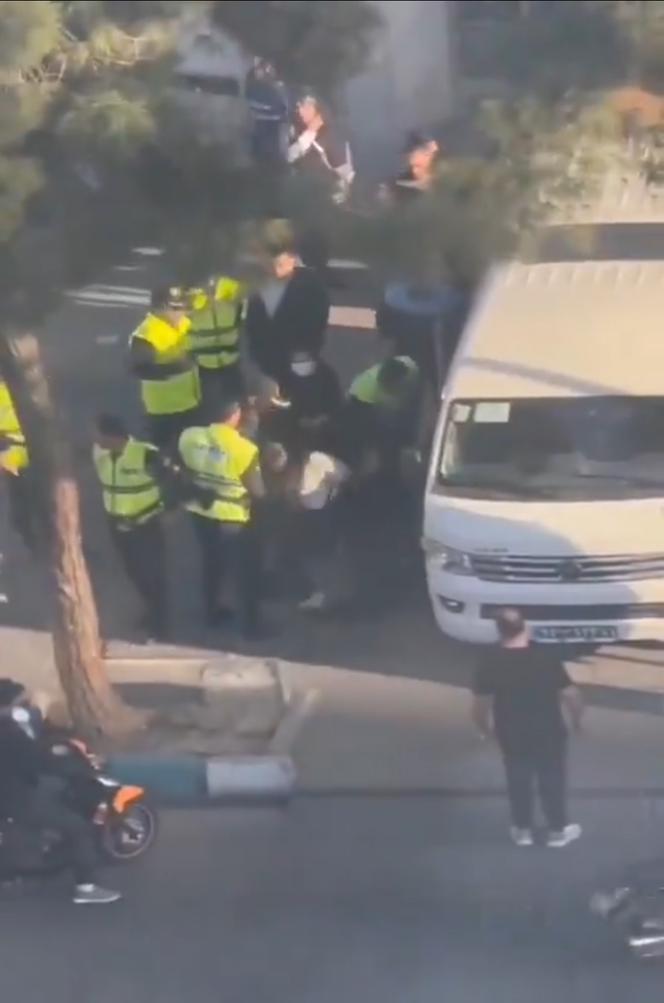


In recent months, the morality police, tasked with enforcing the law on the wearing of the hijab, had been more discreet. But since mid-April, they have been back on the streets of Iran, carrying out arrests, sometimes very forcefully, according to testimonies gathered by Le Monde and videos posted on social media. This has been particularly evident in Tehran. Since the death in custody in September 2022 of Mahsa (Jina) Amini for an appearance deemed "not Islamic enough," some Iranian women have refused to cover their hair. While these non-veiled women continued to be harassed and intimidated by zealous individuals or those close to the regime, the police were less involved in such actions.
This is no longer the case. On two occasions in early April, the Supreme Guide, Ali Khamenei, expressed his dissatisfaction with the lack of respect for the hijab law in Iranian society. As a result, on April 13, the police launched a new operation, dubbed the "Light Plan," against women who are not properly veiled.
In Tehran, Sanam (a pseudonym, to protect her identity, like other witnesses quoted in this article), a 29-year-old computer scientist, was arrested on the second day of the operation for not wearing a headscarf, refusing to cover her head or even carry one in her bag. "Not wearing a headscarf is my way of fighting so that people don't forget all the lives lost during the protests," explained the young woman, contacted via Google Meet, one of the only unblocked communication networks in Iran.
The day before her arrest, on April 13, the Islamic Republic of Iran had launched over 300 drones, cruise missiles and ballistic missiles towards Israel, in response to Tel Aviv's attack on the Iranian consulate in Syria a few days earlier. On April 14, like many other Iranians, Sanam spent a sleepless night in the wake of this news. "I didn't know there was a new morality police operation. I was mostly worried about a war with Israel," she said.
In the morning, she went out with a friend. As she left a café in the north of the capital, Sanam saw two policemen on motorcycles, walkie-talkies in hand, staring at her from a few hundred meters away. The young woman started to run, only to be surrounded by a police car and a van from which six women in black chadors emerged. When she resisted getting into the vehicle, another policeman approached and kicked her hard in the back. "I collapsed in pain," recalled Sanam. Another woman filming the scene – a habit taken up by many Iranian citizens to document the violence of the authorities – was also beaten and arrested. Police on motorcycles twirled their batons in the air and threatened cars, which honked their horns in anger at the brutal arrests.
You have 56.02% of this article left to read. The rest is for subscribers only.
